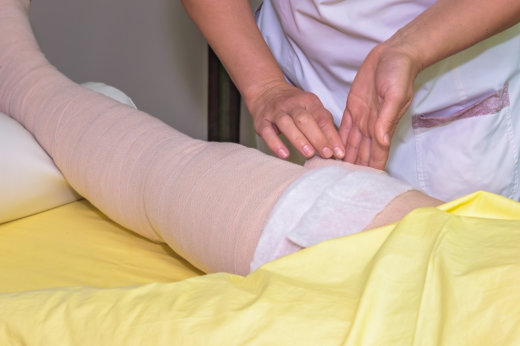
Did you know that millions of people worldwide are affected by lymphedema, a condition that causes swelling in specific body parts due to a compromised lymphatic system? While there’s currently no cure for lymphedema, the good news is that there are effective strategies to help manage the condition and reduce the risk of flare-ups and complications. In this blog post, we’ll delve into some of the most recommended lymphedema risk reduction strategies you can incorporate into your daily life.
- Gradual Activity Progression
Engaging in physical activity is essential for overall health, but it’s important to increase intensity gradually to avoid overexertion. Start with low-impact exercises and gradually increase duration and intensity under the guidance of a healthcare professional. For personalized guidance and support, consider accessing home health care services in Dallas, Texas.
- Skin Care Maintenance
Maintaining proper skin care is crucial for individuals at risk of lymphedema. Keep the skin clean, moisturized, and protected from cuts and abrasions. Avoid extreme temperatures and use sunscreen to prevent sunburn, which can trigger inflammation.
- Compression Garment Compliance
For individuals with a history of lymphedema or at risk of developing it, wearing compression garments as prescribed can help reduce swelling and improve lymphatic function. Ensure proper fitting and wear them consistently during activities that may strain the lymphatic system.
By incorporating these lymphedema risk-reduction strategies into your routine, you can take an active role in managing your condition and improving your quality of life. Remember, early intervention and consistent management are key. If you experience any concerning symptoms or suspect lymphedema development, consult your doctor for a proper diagnosis and treatment plan.
For those seeking in-home support with lymphedema management, Contact Higher Standards Home Health. We offer skilled nursing services and therapy, including specialists who can provide guidance on lymphedema care and ensure you receive the support you need to thrive.
Disclaimer
Blogs, content, and other media uploaded online are for informational purposes only. Contents on this website should not be considered medical advice. Readers are strongly encouraged to visit their physician for health-related issues.






Leave a Reply